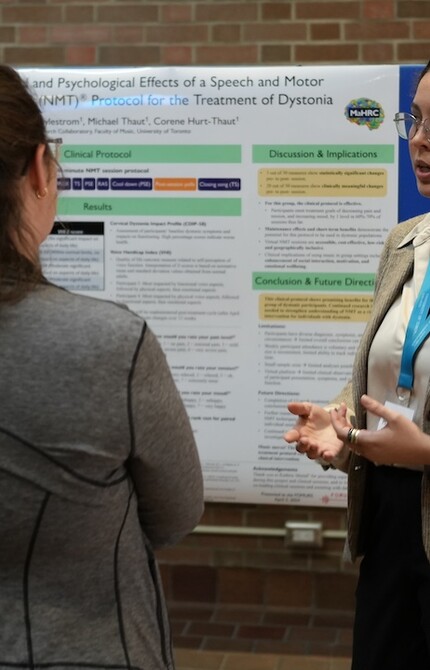
Music & Health Overview
What’s the connection between music and health? How might music be deployed biomedically in and out of clinics to develop, sustain, or restore healthy brains and minds? U of T Faculty of Music provides graduate students with unique clinical and research opportunities to study music in an interdisciplinary health sciences context.
Choose a Sound Path
Students choose between two degrees and career paths. A two-year Master of Music (MMus) equips students with the clinical skills to practice as musical therapists. A one-year Master of Arts (MA), engages students in more fundamental research, preparing them for doctoral work and a career in music and health research. Students with an MMus may also apply for entry into the Music and Health PhD.
Programs
Clinical Stream
Coursework and Placements
In the clinical stream, coursework addresses music’s potential to improve the general cognitive, socio-emotional, and sensorimotor abilities of people living with various health challenges. Hospital and community placements provide students with significant practical experience managing strokes, brain injury and disease, developmental challenges, and end-of-life care. International internships are also available.
Support
Students benefit from a mentorship system involving peers in MA, MMus, and PhD programs. They also benefit from visits by international clinical and research specialists attracted by the university’s reputation in health sciences.
Outcomes
Studies culminate in a clinical research practicum in which students research and write a paper to be presented at the Collaborative Program in Integrative Neuroscience (CPIN). An MMus and 1,000 hours of clinical practice qualify students to sit the Music Therapy Board Certification examination.
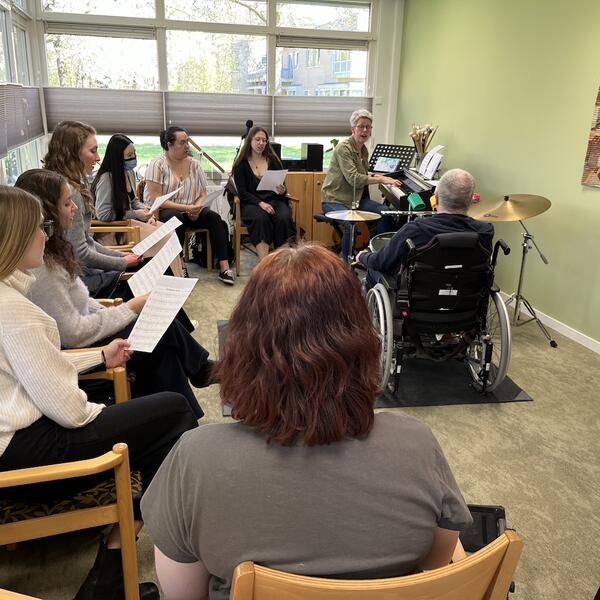
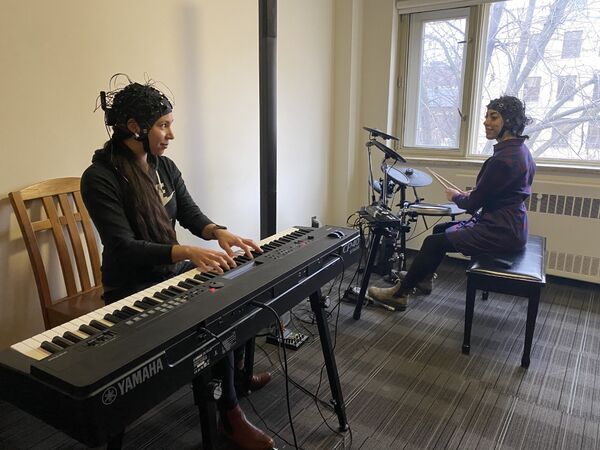
Research Stream
Focus
Deeply interdisciplinary, the research stream focuses on the intersection of music and health from psychological, cultural, neuroscientific, and social-scientific perspectives. Programming is delivered in collaboration with a variety of health sciences units including medicine, dentistry, kinesiology, and rehabilitation science. Music Faculty advisors provide expertise on subjects such as motor learning (Percussion), music cognition (Music Theory), and music creation (Composition).
Affiliations and Options
Students are affiliated with and given workstations in the Music & Health Research Collaboratory (MaHRC), a world-leading research centre. They may enter the University of Toronto’s neuroscience program and add a neuroscience minor to their Music and Health major.
Join the Best
The study of Music and Health at the University of Toronto occurs within a university whose record of health sciences research stands above all but one other university worldwide. The university’s success rests uniquely on collaborating with a network of research hospitals and community organizations. Music and Health provides students with the full advantages of this collaboration. Programming in clinical and research streams is delivered in partnership with University Health Network hospitals and healthcare centres such as Holland Bloorview Kids Rehabilitation Hospital, Baycrest Health Sciences Centre for older adults, Covenant House, and the Yonge Street Mission.
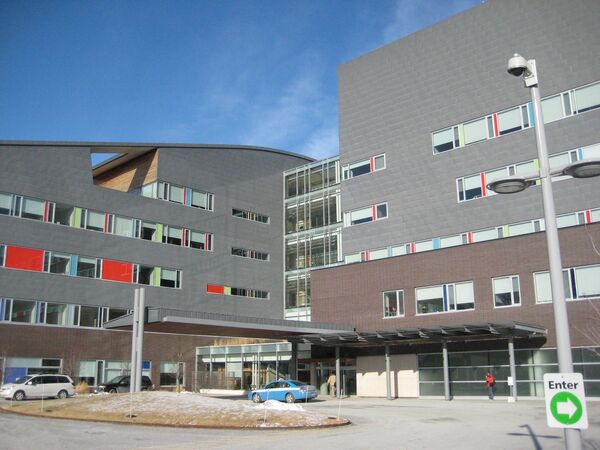

Study in a City of Music and Health
The largest city in Canada and the fourth largest city in North America, Toronto offers students in Music and Health special resources. The city is a major centre of music culture and a leader in the health sciences industry. The combination provides students with extraordinary opportunities to experience all varieties of music and root their studies and research in hospital and community placements that few other universities or cities can match.
News
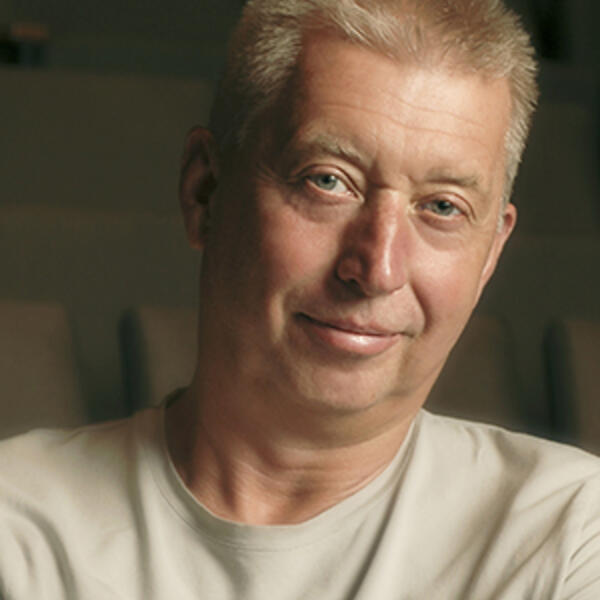
Featured Media
Have a question?
Contact our Music & Health Coordinator for more information about our Music & Health area and programs.

